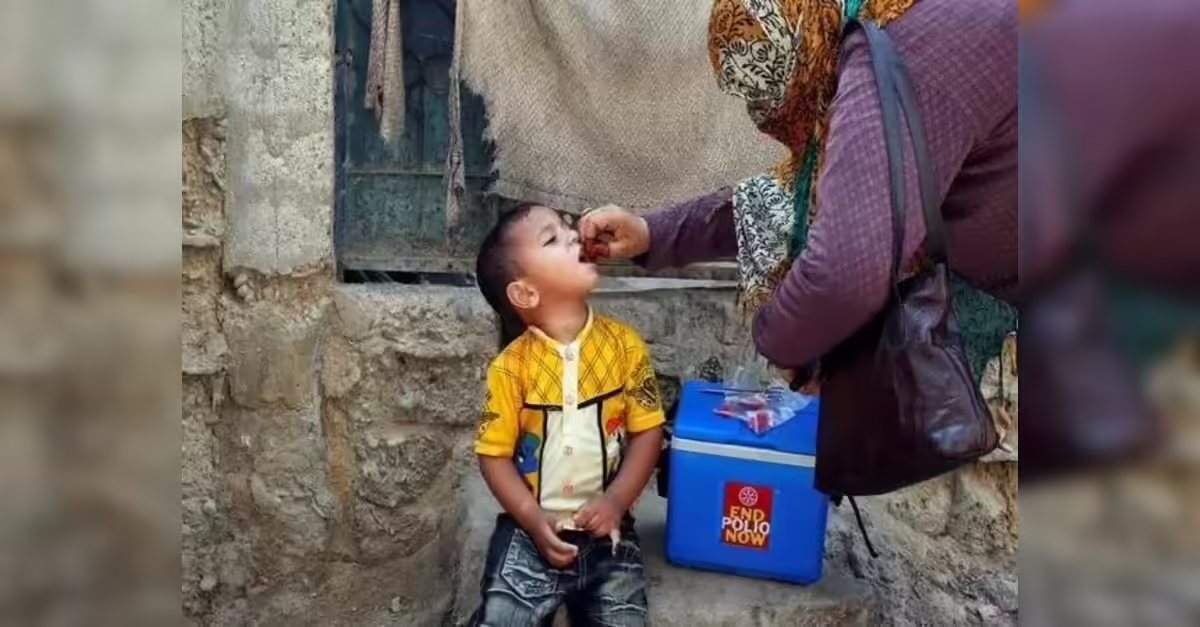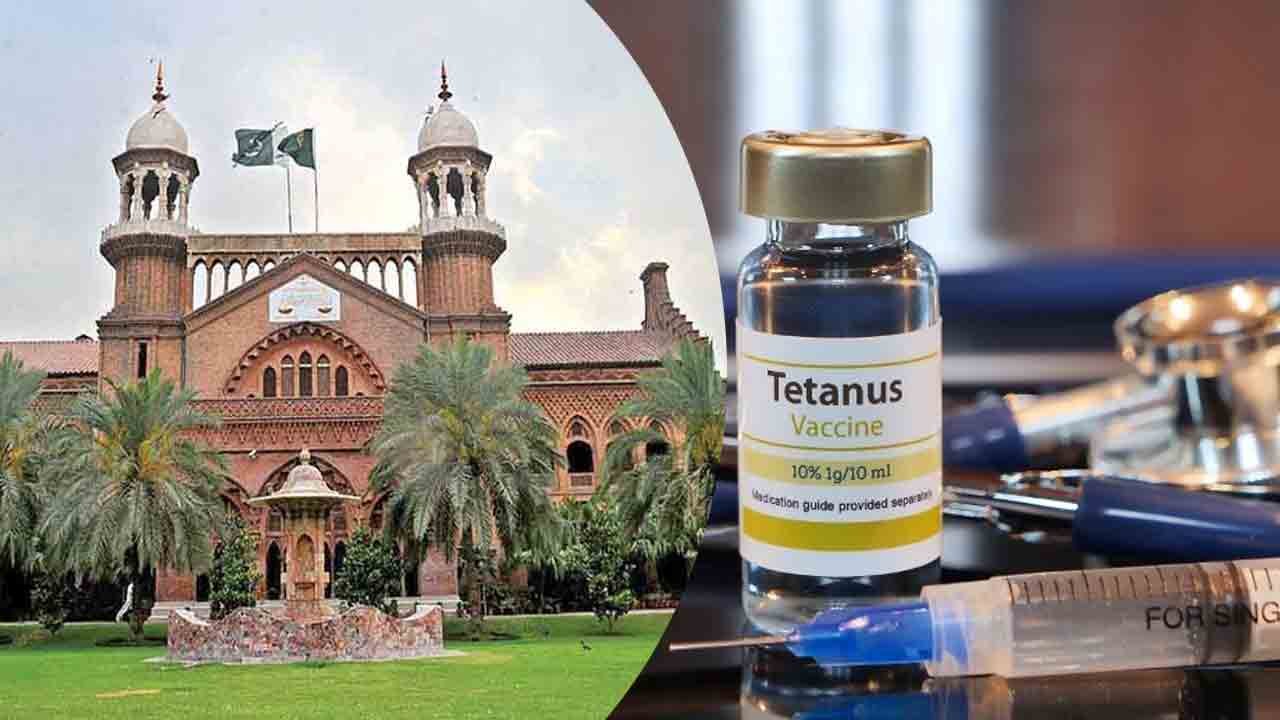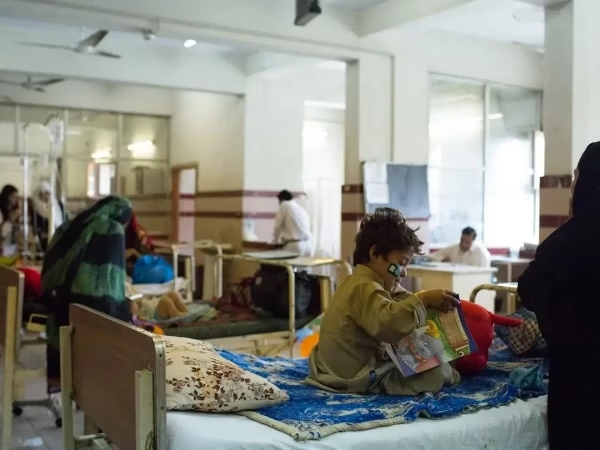The Regional Reference Laboratory for Polio Eradication at the National Institute of Health (NIH) has confirmed a new case of wild poliovirus in District Lakki Marwat, located in South Khyber Pakhtunkhwa.
The infected child, just five months old, is from Union Council Sulemankhel. This marks the 12th case in Khyber Pakhtunkhwa this year and brings the nationwide total for 2025 to 19 cases.
The continued emergence of polio cases underscores the persistent threat the disease poses to children, especially in regions with low vaccine uptake. Health authorities stress that multiple doses of the oral polio vaccine (OPV) are critical to building and maintaining immunity. Even a single unvaccinated child can lead to further transmission of the virus.
Polio is a highly contagious and incurable disease that can cause lifelong paralysis. The only reliable protection is repeated immunization of every child under five, during each national campaign, in addition to routine vaccinations.
While polio eradication efforts have made progress across most of the country, the southern districts of Khyber Pakhtunkhwa remain a major concern. Challenges such as restricted access, shortage of female vaccinators, and logistical barriers to house-to-house campaigns continue to hamper efforts in these high-risk areas.
Health officials continue to urge parents and communities to recognize the importance of vaccination, emphasizing that protecting children from polio is only possible through full participation in every round of immunization.



